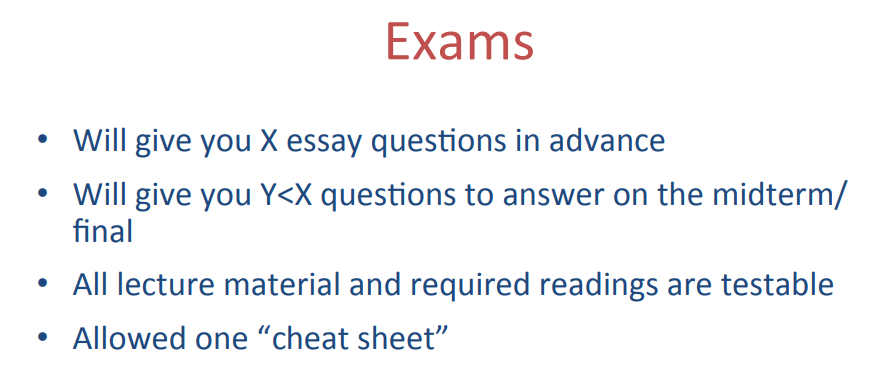The typical exams, at least in Indian universities, tend to be really dull, drab affairs. I cannot speak about how good (or bad) they are in other countries, but partly by design, partly due to inertia, they follow the same old template in most Indian universities.
You’ll get your fair share of “State briefly”, a sprinkling of “Explain why”, and the very occasional “In your opinion”. But for the most part, it needs rote memorization to respond and “do well” in these examinations. Take home essays, reflective essays and anything that is even remotely innovative are not welcome.
But in a world where such a thing was possible, what might question papers look like?
Tyler [Cowen] once walked into class the day of the final exam and he said. “Here is the exam. Write your own questions. Write your own answers. Harder questions and better answers get more points.” Then he walked out. The funniest thing was when a student came in late and I had to explain to him what the exam was and he didn’t believe me!
https://chrisblattman.com/2012/08/15/best-exam-question-ever/

I can’t find it online right now, but I seem to remember that some of Prof. Blattman’s papers included the additional condition that you needed to submit the cheat sheet, and it too would be evaluated for what you chose to put in it (and implicitly, what you chose to leave out).
I had once asked a very small development economics class to teach some of their peers – those who hadn’t taken Dev Eco – the Solow Model. The non-math version, of course. And then those who had been taught had to take a small multiple choice question test. The marks they scored would become the grades for the “teachers”. Stuff like this will never work for a larger class, will never work for a semester end exam, but it still was a lot of fun to do!
The point is that it is all too possible to have examinations be fun, and be about learning. But so long as examinations are about signaling how much you’ve scored, rather than allowing you to reflect on how much you’ve learnt, they’ll have to be standardized, which means they’ll have to continue to be boring.
If you’d like them to be fun, you need to try and live in a world where examinations (and therefore colleges) aren’t about signaling.
But that is a tall order, no?
